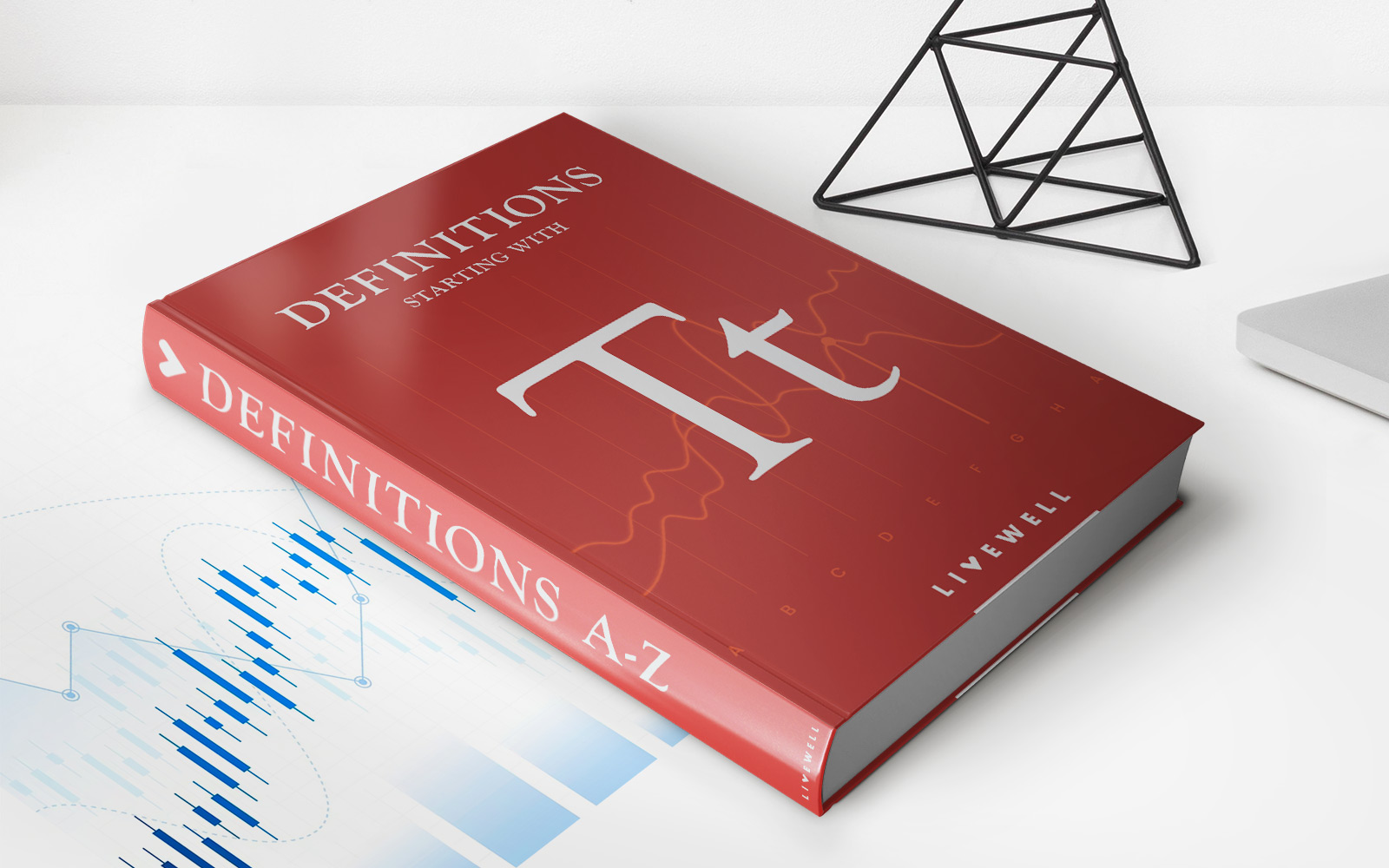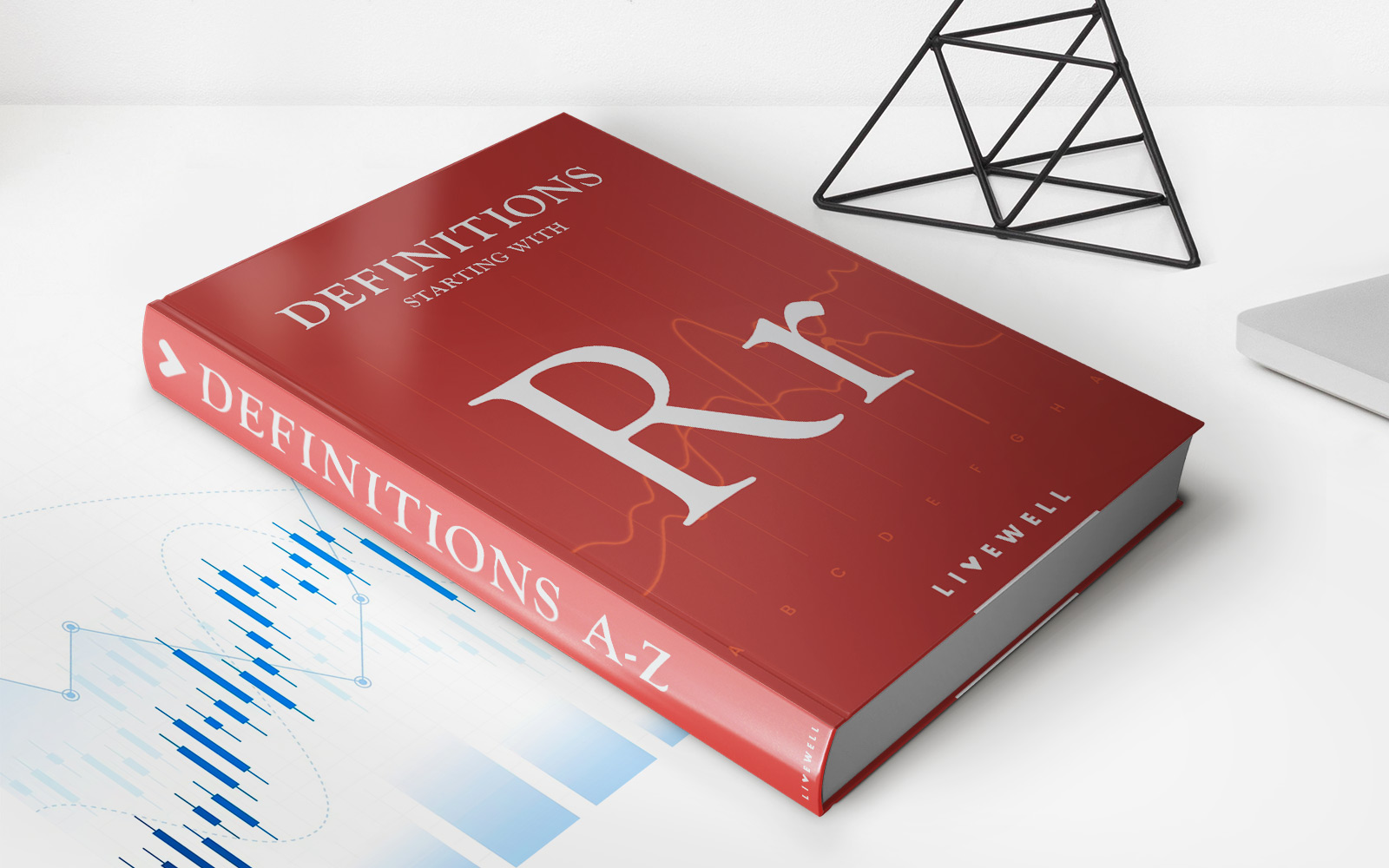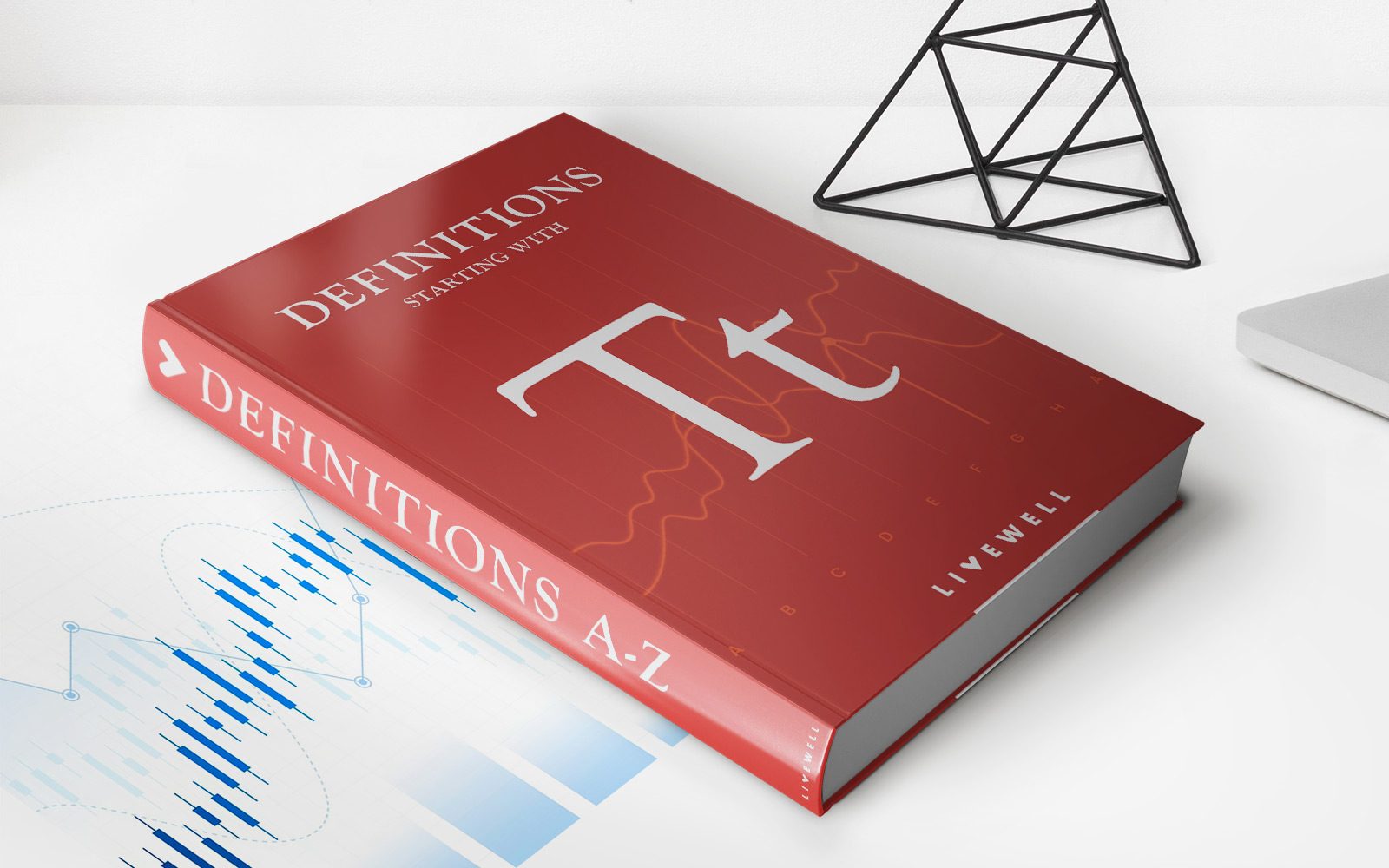Home>Finance>What Is A Trustee? Definition, Role, And Duties


Finance
What Is A Trustee? Definition, Role, And Duties
Published: February 11, 2024
Learn about the role and responsibilities of a trustee in the finance industry. Understand the definition and duties of a trustee in managing assets and funds.
(Many of the links in this article redirect to a specific reviewed product. Your purchase of these products through affiliate links helps to generate commission for LiveWell, at no extra cost. Learn more)
The Role of a Trustee in Financial Planning: Definition and Duties
Financial planning can often involve complex legal structures and mechanisms to protect assets and ensure their smooth transfer to beneficiaries. One such crucial role in the world of finance is that of a trustee. If you’ve ever wondered what a trustee is and what their role entails, you’ve come to the right place.
Key Takeaways:
- A trustee is a person or entity appointed to manage and administer assets for the benefit of others.
- The duties of a trustee include managing investments, distributing assets, and ensuring compliance with legal obligations.
A trustee is a person or entity appointed to manage and administer assets for the benefit of others. They play a vital role in financial planning, especially in the establishment of trusts. A trust is a legal arrangement where assets are held by a trustee on behalf of beneficiaries. Trusts are commonly used for estate planning, charitable giving, and asset protection purposes.
Now that we have a general understanding of the trustee’s role, let’s dive deeper into their key duties and responsibilities:
1. Asset Management:
One of the primary responsibilities of a trustee is to manage the assets held within a trust. This includes making investment decisions, monitoring financial markets, and ensuring the growth and preservation of the trust’s assets over time.
2. Asset Distribution:
Another crucial duty of a trustee is to distribute the trust’s assets to the beneficiaries according to the terms and conditions set out in the trust agreement. This process must be done in a fair and impartial manner, taking into consideration the needs and interests of the beneficiaries.
3. Record Keeping and Reporting:
Trustees are responsible for maintaining accurate records of all trust-related transactions and activities. They must keep detailed financial statements, track income and expenses, and provide regular reports to the beneficiaries and other interested parties as required by law.
4. Legal and Fiduciary Obligations:
Trustees have a legal and fiduciary duty to act in the best interests of the beneficiaries and comply with all relevant laws and regulations. This includes managing the trust prudently, avoiding conflicts of interest, and ensuring the trust’s assets are protected and administered appropriately.
Being a trustee requires a high level of financial expertise, integrity, and attention to detail. Trusts can be intricate structures with significant legal and financial implications, and the role of a trustee is crucial in ensuring their smooth operation and successful implementation. By appointing a knowledgeable and trustworthy trustee, individuals can have peace of mind knowing that their assets will be effectively managed and distributed as per their wishes.
In Conclusion
- A trustee is a vital role in financial planning, managing and administering assets for the benefit of beneficiaries.
- Their duties include asset management, asset distribution, record keeping, and fulfilling legal and fiduciary obligations.
Whether you are considering establishing a trust or are a beneficiary of an existing trust, understanding the role of a trustee is essential. By entrusting your assets to a capable trustee, you can ensure that your financial affairs are in safe hands and that your objectives are met in the most effective and efficient manner.
So, the next time you come across the term “trustee” in the realm of finance, you’ll have a solid understanding of what it means, what their role entails, and how they contribute to the world of financial planning.














